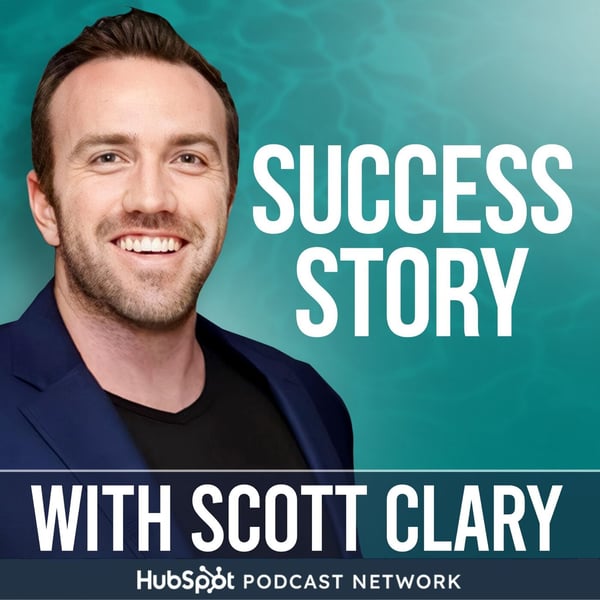Lessons - Breaking Free From Bad Habits | Dr. Jud Brewer - Neuroscience of Addiction Expert
Success Story with Scott D. Clary
Success Story Media
4.6 • 1.9K Ratings
🗓️ 25 March 2025
⏱️ 14 minutes
🧾️ Download transcript
Summary
Transcript
Click on a timestamp to play from that location
| 0:00.0 | In this lesson's episode, uncover the science behind habits and addictions. |
| 0:03.9 | Learn why automatic behaviors form to conserve energy and how reinforcement learning sets |
| 0:08.2 | the stage for unhealthy addictions. |
| 0:10.1 | Understand how paying attention to the true rewards of a behavior can transform negative patterns |
| 0:14.9 | into opportunities for healthier change. |
| 0:16.7 | Oh, you're going to describe. So for people listening, what is the actual, like, clinical definition of a habit? Because I think that setting the bas baselines people understand what we're actually speaking |
| 0:37.9 | about because I think people also, I mean, I don't want to jump too deep in before they even |
| 0:41.3 | understand how you understand a habit. Yeah. I'll actually give you a two-fer. Let's define |
| 0:47.6 | habit and let's define addiction as well so that we can differentiate those two. So habit is basically something that we do automatically. |
| 0:56.3 | You know, that's a simple operational definition that generally holds pretty well. And habits are |
| 1:01.5 | set up so that we can learn things and then have the energy the next day to not have to |
| 1:08.9 | relearn that and learn something new. |
| 1:16.3 | So most habits are extremely helpful, and it's an efficiency process for our brain. |
| 1:21.4 | You know, imagine waking up every morning and having to relearn everything from walking to making breakfast. |
| 1:22.9 | You know, we'd be exhausted before we'd even relearned how to make coffee. |
| 1:26.9 | So that's, you know, habit is |
| 1:28.9 | automatic behavior, something that we see a cue and that cues this process, this automated |
| 1:35.0 | process to just do the thing. In contrast, addiction, I think of habit along a spectrum, |
| 1:42.8 | and at the far end of that spectrum is addiction. And the definition |
| 1:47.0 | of addiction I learned in residency was continued use despite adverse consequences. And the reason |
| 1:53.7 | I bring that forward as well is that often people think, and they describe their addictions |
| 1:59.7 | in terms of a habit, I'm in the habit of smoking, |
... |
Transcript will be available on the free plan in -2 days. Upgrade to see the full transcript now.
Disclaimer: The podcast and artwork embedded on this page are from Success Story Media, and are the property of its owner and not affiliated with or endorsed by Tapesearch.
Generated transcripts are the property of Success Story Media and are distributed freely under the Fair Use doctrine. Transcripts generated by Tapesearch are not guaranteed to be accurate.
Copyright © Tapesearch 2025.

